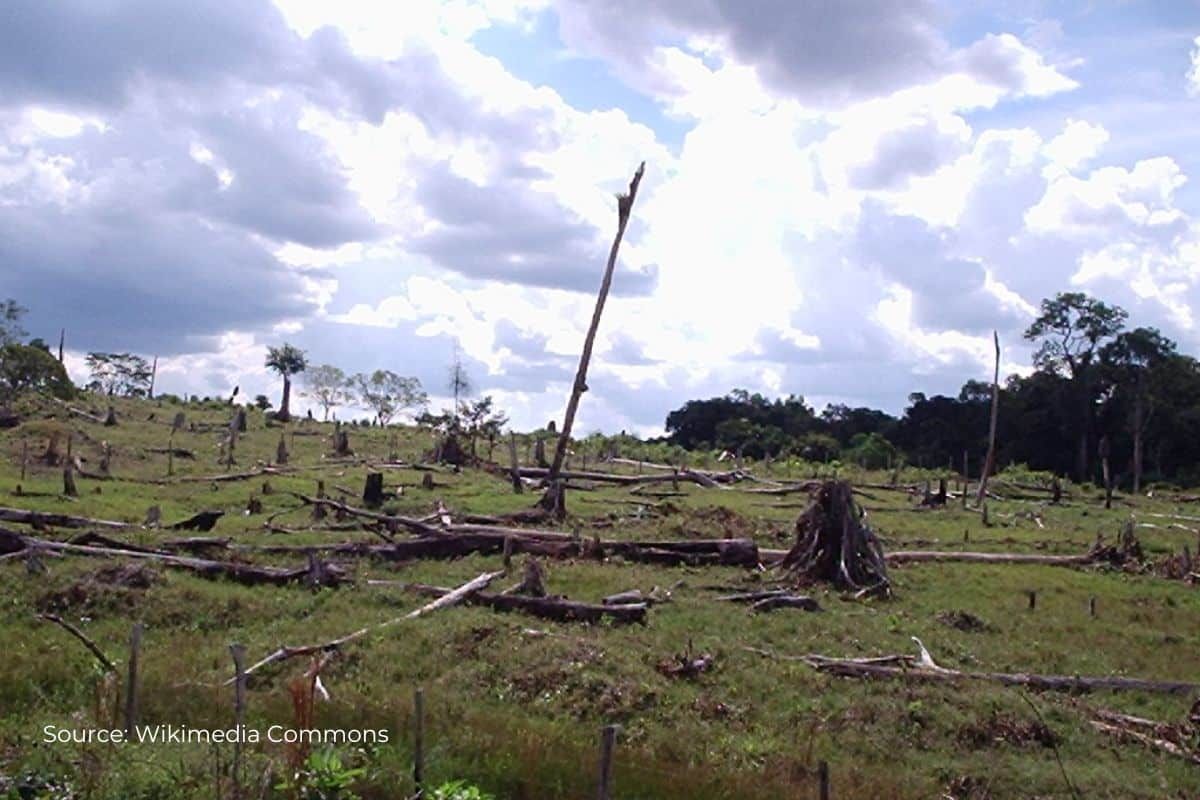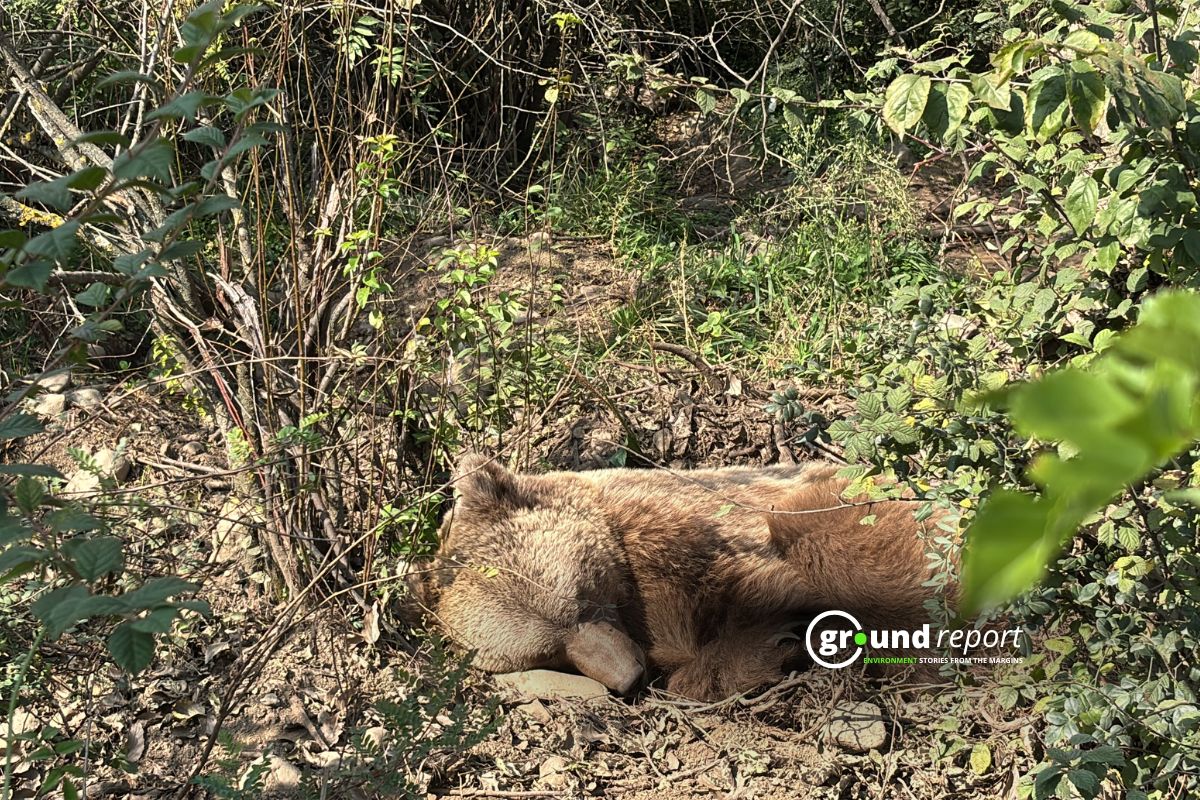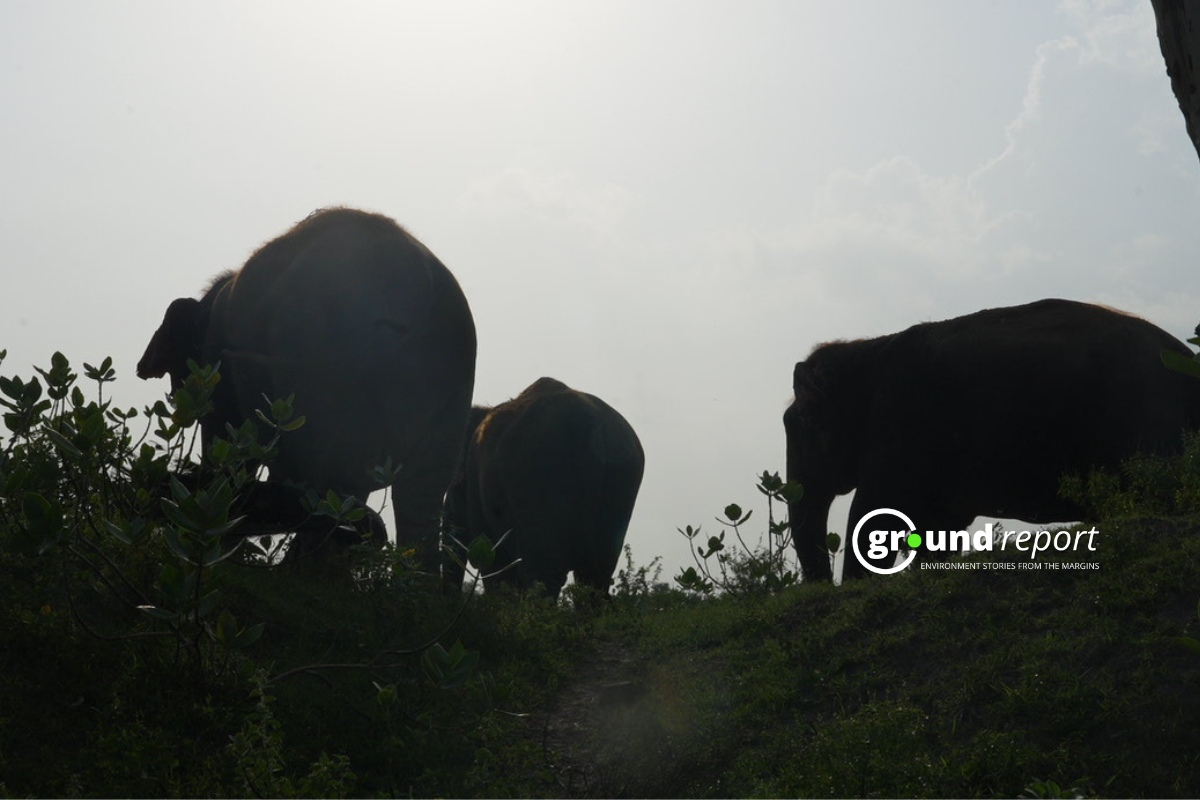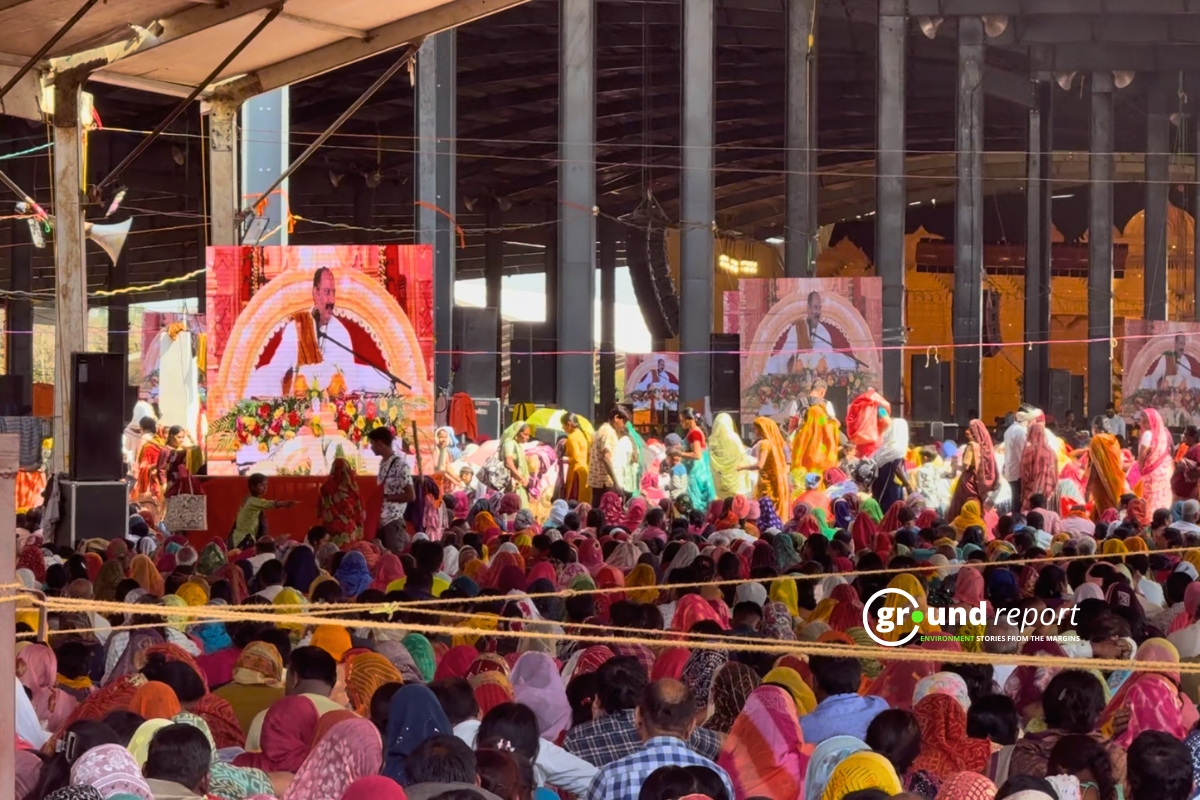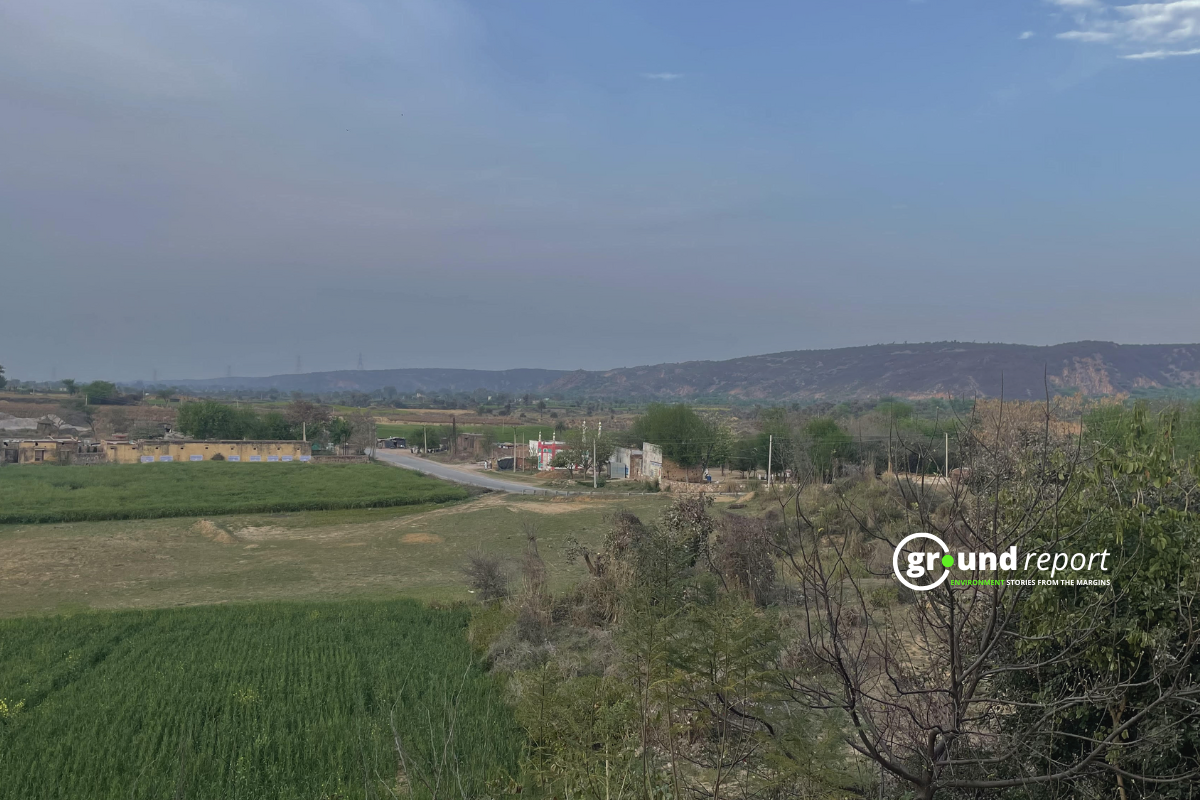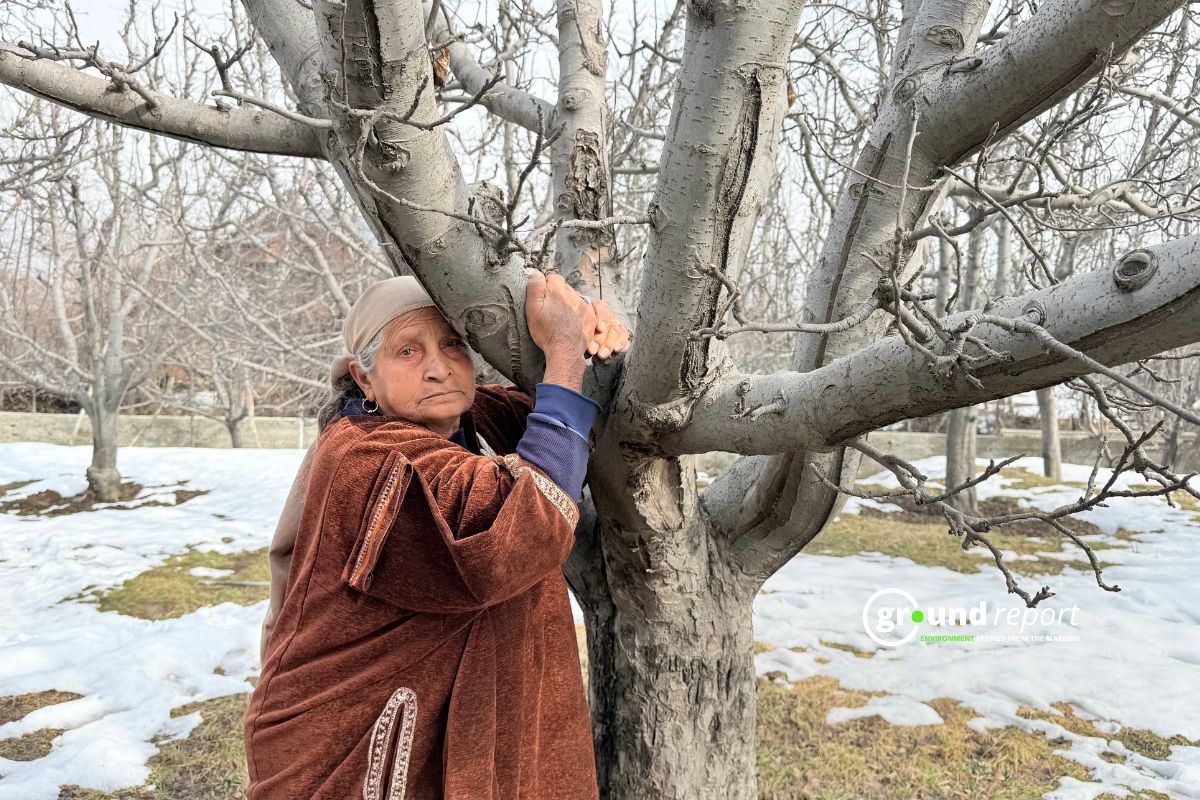Large-scale deforestation of jungle regions such as the Amazon, the Congo Basin or Southeast Asia reduces tropical rainfall, indicates a study published Thursday by the journal Nature.
Rainfall could reduced by 10% before end of century
The area at greatest risk is the Congo Basin, threatened by rapid deforestation, where the rainfall regime could be reduced by 10% before the end of the century, the researchers warn.
“We could reach a point where tropical forests can no longer renew themselves,” said the report’s lead author, Callum Smith of the University of Leeds.
Smith and his colleagues collected satellite data between 2013 and 2017 in the Amazon, Congolese, and Southeast Asian biomes and found that massive logging disrupts the water cycle and significantly reduces rainfall, mainly in wet seasons.
This happens because the leaves of the trees release water vapour, which can cause localized rains. Previous research suggested that small-scale deforestation could increase rainfall in some regions.
But if it’s done on a large scale, “there’s less moisture reaching the atmosphere, which reduces precipitation,” Smith says.
Restoration of destroyed forests
The scientist recalls that the restoration of destroyed forests can reverse the phenomenon and urges to increase preservation efforts.
In the Amazon, the largest tropical biome on the planet, climate change, associated with deforestation, can lead to a “point of no return” that would bring the jungle closer to a state of savannah.
Studies have already shown the importance of tropical forests for the planet’s climate (since they absorb large amounts of greenhouse gases), but the impact of deforestation on local climates had only been observed in a few specific regions.
The study was published during the One Forest Summit, which brings together scientists and political leaders in Gabon to find answers mainly to the challenges of the Congo Basin, the second-largest tropical forest biome on the planet.
Deforestation in that region is accelerating due to the development of cattle ranching, the timber industry and the cultivation of palm and soybeans, which also have a great impact on the native communities.
The decrease in rainfall could, however, end up affecting crop yields and the drought would at the same time increase the frequency of forest fires, warn specialists.
Forest loss linked to rainfall loss
The study revealed that the loss of tropical forests caused reductions in rainfall throughout the year, even in the dry season, when any further drying will have the greatest ramifications on plant and animal ecosystems.
The largest absolute decrease in precipitation was observed in the wet season with a reduction of up to 0.6 mm per month in precipitation for each percentage point of forest cover loss.
Writing in the paper, the researchers warn that climate change will lead to increased drought and that it will be exacerbated by continued deforestation.
Link between forest cover and rainfall
Loss of tree cover is thought to disrupt the process in which leaf moisture, through a mechanism called evapotranspiration, returns to the atmosphere where it eventually forms rain clouds.
In addition to affecting natural ecosystems, a reduction in rainfall would be detrimental to agriculture and hydroelectric power plants. That would have a strong impact both on the healthy functioning of the forests and on local communities.
The research team says that, on average, crop yields decreased by 0.5% for every 1% reduction in rainfall.
Tropical forests support rainfall
Professor Dominick Spracklen, from the Leeds School of Earth and Environment, who oversaw the project, said: “Local people living near deforested regions often report hotter and drier weather after trees are cleared. But until now this effect has not been seen in precipitation observations.
“The study shows the critical importance of tropical forests in sustaining rainfall. Although there have been efforts to halt deforestation, loss of forest cover in the tropics has continued. Renewed efforts are needed to halt forest loss and regenerate lost forests and degraded areas”.
Scientists warn that a decrease in precipitation has a negative impact on biodiversity, increases the risk of wildfires and reduces carbon sequestration, where nature removes carbon from the atmosphere and stores it.
Keep Reading
Part 1: Cloudburst in Ganderbal’s Padabal village & unfulfilled promises
India braces for intense 2024 monsoon amid recent deadly weather trends
Support us to keep independent environmental journalism alive in India.
Follow Ground Report on X, Instagram and Facebook for environmental and underreported stories from the margins. Give us feedback on our email id greport2018@gmail.com.
Don’t forget to Subscribe to our weekly newsletter, Join our community on WhatsApp, and Follow our YouTube Channel for video stories.
